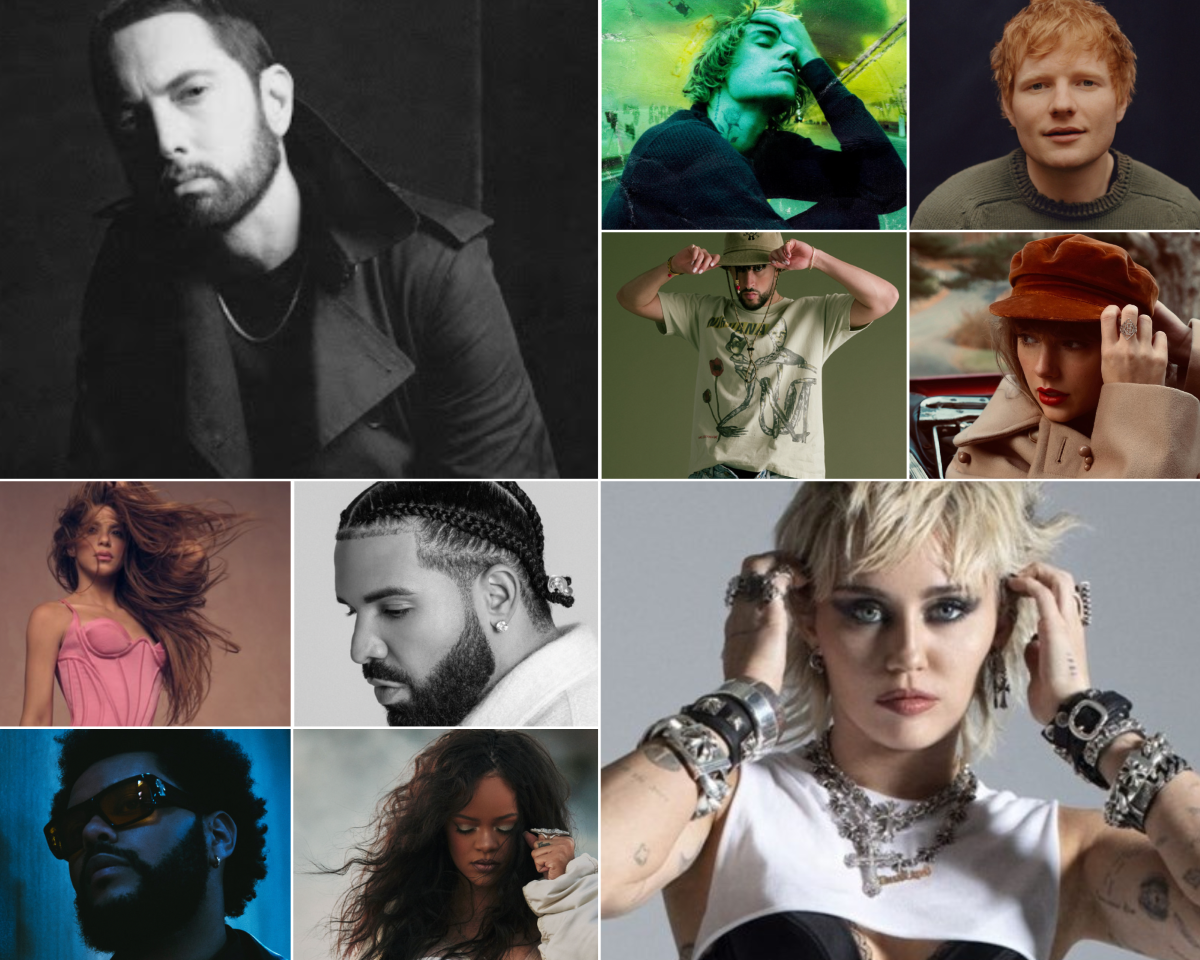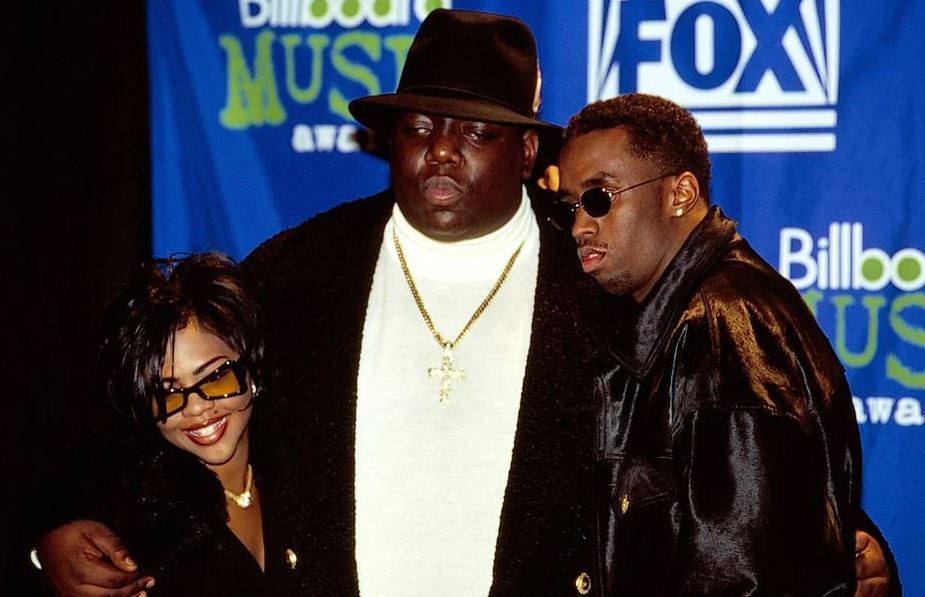Why A Powerful Stage Name Can Make Or Break Your Career
Last updated: 29 July 2024
Your stage name is important. Think of how artists such as Beyoncé, Rihanna, Freddie Mercury, and Elton John have managed to transform their artist name into a full-blown empire. And that, my friends, means a lot of money.
One of the biggest rookie mistakes an artist or creative like you can make in their early days is to forget to check if someone else has your name. We absolutely hate it when artists have to change their stage name when they’ve gained a bit of traction, simply because someone from the other side of the world has won the SEO game. This unfortunately happens more than you think!

Table of Contents
What is a stage name?: The Basics
So, what exactly is a stage name? A stage name is a memorable pseudonym used by performers to make them stand out. Artists often choose to use a different name as opposed to their legal name if their real name is considered common or dull. Sometimes artists have to change their name if another artist is already using that same name.
Most artists choose a pseudonym that is easy to pronounce in the territory they’re operating in, and that will pique the interest of their audience. For instance, Aerosmith’s Steven Tyler’s legal name is Steven Victor Tallarico. He started using “Steven Tyler” as it’s easier to pronounce in English-speaking countries. George Michael is another good example of this. With Georgios Kyriacos Panayiotou as his legal name, he anglicized his name to make it easier to pronounce in his native UK.
Some genres are more associated with pseudonyms than others. For example, rappers are more likely to adopt a stage name than classical music composers, simply because it’s more common in the genre.
In hip-hop, rappers have used stage names since the genre’s birth in the 1970s. MC names such as Jay Z, Eminem, Queen Latifah, Missy Elliott and Tupac add a certain mystique to the artist and help them create a cult of personality that makes them larger than life.

Adopting a stage name can be a great way to help build your personal brand, but it’s important to do your research to make sure that no one else is already using that name. Here are 3 simple and straightforward ways to avoid having to change your artist name mid-career:
Step 1: Use Google – Google search all your potential artist names before settling on the one. If there’s someone else who already has this stage name, come up with a better one!
Step 2: Scour all social media platforms and DSPs – Facebook, Twitter, Instagram, TikTok, Spotify, Soundcloud – you name it! A quick search is all you need to know if this music artist name you have in mind has already been taken or is available.
Step 3: Look at the Global Brand Database – This database saves you a lot of work later – especially if you’re thinking about trademarking your name. The Global Brand Database consists of millions of trademarks, managed by the World Intellectual Property Organisation. It’s definitely worth looking into, especially if you’re seriously questioning whether your current artist name is already being used by someone else.
Trademarking your stage name
A trademark is essentially a sign that identifies that you’re the owner of particular goods or services. It is a form of intellectual property, as it helps audiences and consumers recognise that the product or service falls under your brand’s umbrella.
A stage name can become a brand name or the basis of an empire, for example. Lady Gaga and her Haus of Gaga, Rihanna, and Fenty, etc. It can also refer to a name, slogan, and logo that distinguishes your brand name from your competitors.
Trademarking your artist name is important – especially when you start to become a little more known. It legally blocks other artists and companies from using this name without your direct permission, and gives you exclusive rights to use it in a particular city, state, or region. If you’re confident in your career, you can even trademark it on a global level.
A trademark helps you convey your message to your audience. It’s also a status symbol of professionalism. Safe to say that in many cases it has more to do with building an empire outside of music, than with the music itself – but this can be as important to you as your music.
Trademarking rules vary from state to state and from region to region. Because of this, you should always go over the details of the trademarking process with your lawyer to ensure you’re taking the right steps.
Final notes
In the current climate, where an artist’s income is more likely to come from brand deals and other side hustles than from the music itself, a unique artist name is crucial if your goal is to transform yourself or your artist persona into a 360-degree brand.
It’s important to keep in mind that while an artist name is instrumental in branding, it’s also essential to ensure that the stage name you choose is distinctive but more importantly, authentic. The name should align with your artistic identity, and genuinely represent who you are as an artist and what you’re bringing to the table. After all, authenticity is the true currency, especially if you want to play the long game, as both fans and industry professionals are drawn to artists who are their true authentic selves.






